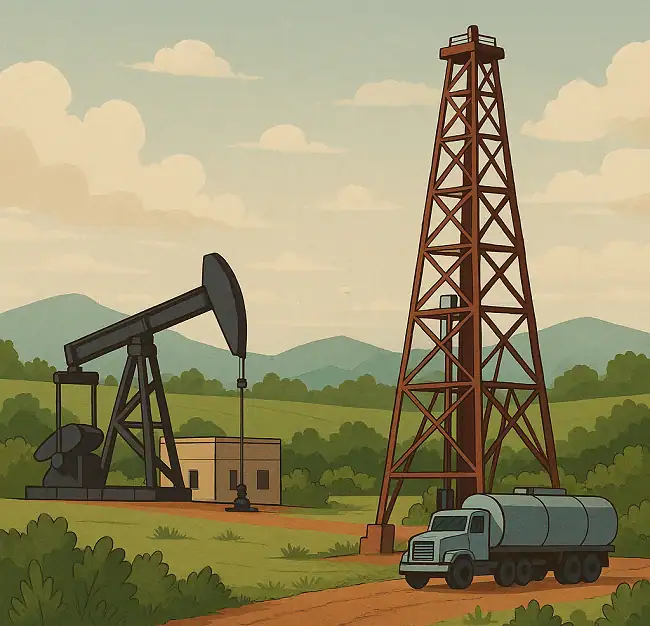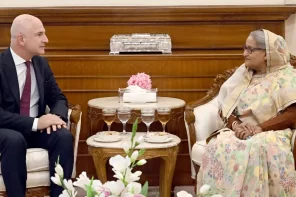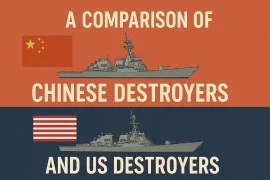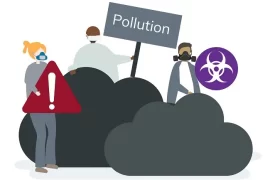In a significant move to address the growing energy shortfall, Bangladesh is shifting its focus to onshore gas exploration, with Petrobangla set to finalise a long-overdue update to its Production Sharing Contract (PSC). This comes in the wake of an unsuccessful offshore bidding round, where despite initial interest, no international oil and gas companies submitted bids. With domestic gas fields depleting and LNG imports straining the national budget, onshore reserves are now seen as the most viable immediate solution.

UK-based consultancy Wood Mackenzie has submitted a revised draft of the onshore PSC, which is currently undergoing final review by Petrobangla. The draft, vetted by a 16-member expert committee, is expected to be legally cleared by June, 2025 after which Bangladesh will float an international tender to invite both foreign and local investors to explore 22 designated onshore blocks.
Why the Focus Has Shifted Onshore
The shift in strategy stems from the limited success and high costs of offshore drilling, coupled with Bangladesh’s urgent need to increase domestic gas production. Offshore projects are capital-intensive and time-consuming, often taking years to yield results. In contrast, onshore exploration offers faster turnaround, lower costs, and a better chance of quickly bolstering supply.
Petrobangla officials have identified 11 of the 22 onshore blocks as completely unexplored, including Blocks 1, 2A, 2B, 3A, 4A, 4B, 5, 6A, 22A, 22B, and 23. Based on 2D seismic surveys, these blocks have been categorised into high, medium, and low-potential zones, with exploratory work likely to begin in the remote hill tracts.
Learning from Offshore Bidding Failures
In March, 2024, the Awami League government launched a new round of offshore bidding under an updated PSC. Although seven companies purchased bid documents, none submitted formal bids—a failure that raised serious concerns. Petrobangla initially blamed political instability following the fall of the government, but industry insiders cited deeper issues: the lack of pricing incentives and insufficient geological data.
This failure has prompted a more cautious and comprehensive approach in the design of the onshore PSC. Petrobangla and the Energy Division are working closely to ensure the new PSC is competitive, with transparent terms and realistic profit-sharing structures. The goal is to strike a balance between attracting investment and safeguarding national interest.
Local and Global Collaboration Expected
The updated PSC will allow both foreign and domestic firms to participate in the upcoming tender. Bidders will be evaluated based on technical capacity, financial strength, and human resource expertise. Officials have confirmed that there will be no scope for direct awards—contracts will only be awarded through competitive tendering.
Moreover, the PSC is expected to encourage joint ventures between foreign companies and local entities such as BAPEX. These partnerships are crucial for technology transfer and building domestic capacity in the long term. Petrobangla is also considering an upward revision of gas prices from new onshore fields to make investment more attractive.
Expert Insights: Time for Bold Action
Energy expert and geologist Professor Badrul Imam welcomed the renewed attention to onshore exploration. “There are still many unexplored areas onshore, and these may hold significant gas reserves,” he said. “But the PSC must be attractive enough to bring in good companies, while ensuring Bangladesh’s interests are protected. The gas crisis is severe—this is not the time for half-measures.”
Professor Imam’s assessment is backed by production data. Bangladesh currently produces around 1,858 million cubic feet of gas per day. Of that, Chevron alone supplies 1,135 million, while the rest is shared by three local companies. This over-reliance on a single foreign company poses a strategic risk, and expanding domestic production through onshore exploration may be the best way forward.
Looking Ahead
This is the first update to Bangladesh’s onshore PSC in 27 years, marking a critical juncture in national energy policy. If the process stays on track, international bidding could begin as early as July 2025. The Energy Division has made it clear that this time, nothing will be rushed. Lessons from the offshore experience are guiding a more deliberate, consultative process.
Bangladesh onshore gas exploration is no longer a distant possibility—it is a necessary step toward energy resilience. The coming months will determine whether this renewed focus results in meaningful exploration and, ultimately, a more secure energy future for the nation.







